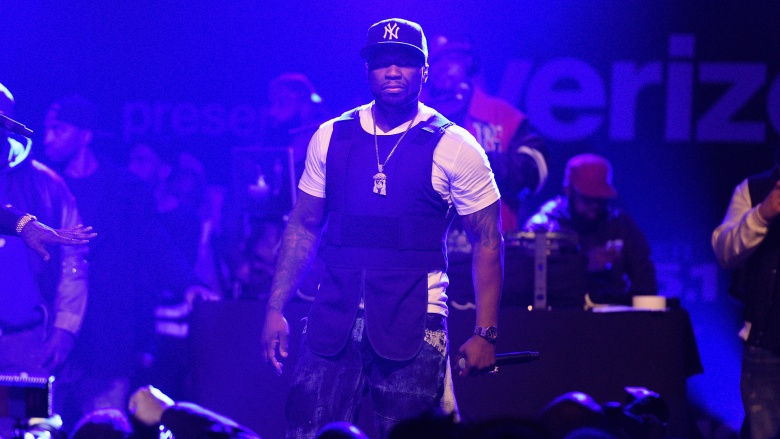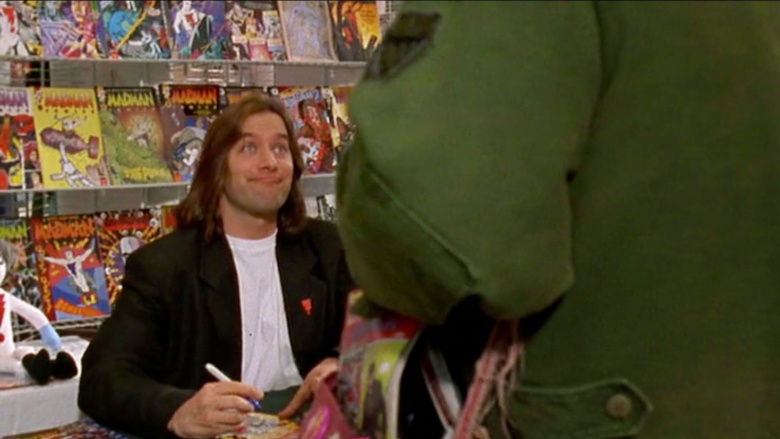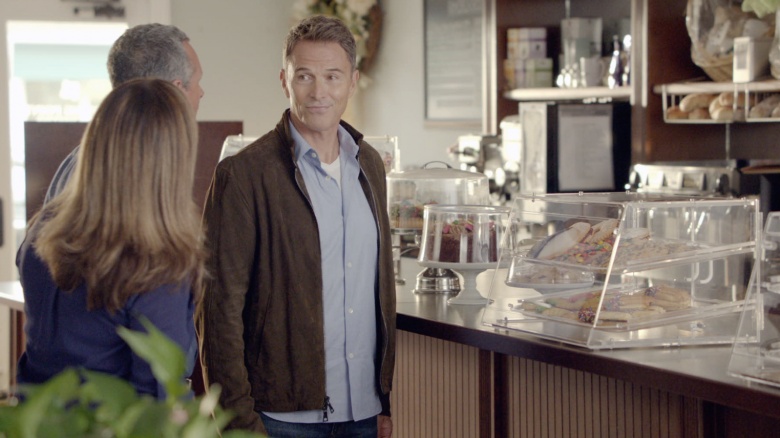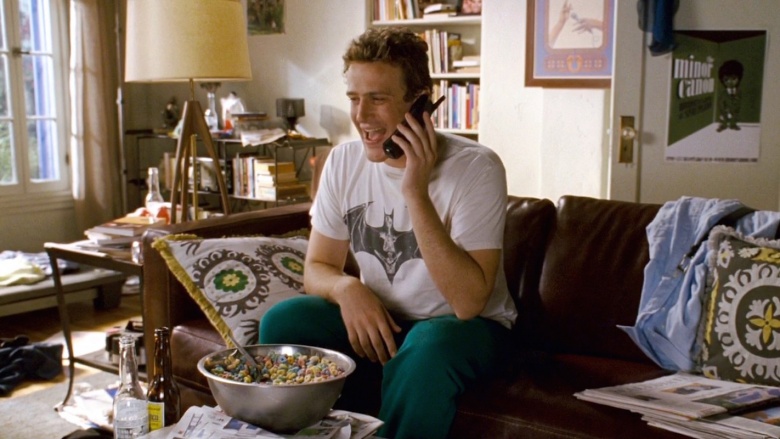Shady Ways Celebs Make Money
Celebrities aren't just famous, they're typically also rich. Everyone assumes that their wealth comes from appearing in movies, TV shows, selling albums, or other obvious means. In reality, a lot of their money comes from other venues. These other forms of revenue usually come from endorsements and advertisements, which is perfectly fine. You'd be surprised at some of the more unconventional, even shady, ways celebrities make bank.
Video games
Celebrities endorsing video games is nothing new. They're just like any other product, and companies love to throw famous faces on their game covers and in their advertisements. Shaquille O'Neal had a fighting game during the 16-bit era, and the Guitar Hero series had entire games devoted to specific artists. However, a new trend is starting to form, especially for mobile gaming. Companies are making games that are advertised as free to play, but are actually full of microtransactions. Technically, the game can be played without spending any money, but usually in a limited capacity and for short periods of time without paying.
Games limited by microtransactions are borderline scams, but they're also big business right now, and they're starting to grab celebrity endorsements. Kate Upton, Mariah Carey, Arnold Schwarzenegger, and even Kim Kardashian have all lent their faces and likenesses to games like these. This isn't just a celebrity endorsing a lousy product. This is a famous person giving credibility to a product that's designed to trick or corner people into spending money. At least when Shaquille O'Neal told us to buy Shaq Fu, we only had to pay for the game once.
Twitter followers
Having a lot of followers on social media can be incredibly lucrative. The ability to immediately send a public message to potentially millions of followers has obvious advantages. Many celebrities get endorsement deals from the social media accounts, and there's nothing wrong with that. Tricking your social media followers into investing in a stock market scheme, however, is a different story. Back in 2011, 50 Cent started tweeting about how everyone should purchase a specific stock. Of course, this stock was for a company that wasn't doing so well, and 50 Cent owned 30 million shares of their stock.
50 Cent eventually deleted the tweets, however. Urging fans to support a company is one thing. Trying to use your loyal Twitter followers to create buzz around a falling stock is different. Granted, 50 didn't actually do anything illegal, because he didn't immediately dump his own stocks while the prices were high. Still, he increased his net worth by creating an artificial buzz around the stock. While most celebs aren't this blatant, many still sneak paid, promoted content into their Instagram and tweets. The fans don't care, as they're just happy to look into their favorite celebrity's personal lives, ads or not.
Autographs
Signing autographs is a tricky thing for celebs. Writing your own name is a relatively easy thing to do, but a famous person can't sign every piece of paper put in front of them. As soon as one fan gets an autograph, everyone else who's around wants one too. If the celeb refuses to sign any autographs, then they look like a jerk. A lot of famous people will only sign them during public appearances and conventions, which is probably the best solution.
We recommend leaving famous people alone when they're just out running errands, but take advantage of the times that they put aside to meet with fans. It's not uncommon for celebrities to charge for autographs at signings, however. Depending on the price, most people are okay with this. It starts to get sketchy when celebs have regulations on what they'll sign—probably because they don't want you to eBay some famous memorabilia featuring their John Hancock.
Endorsing products
Celebrity endorsements are nothing new, and for the most part, they're harmless. Beyonce appearing in a Pepsi commercial is fine. She drinks stuff, she knows what Pepsi tastes like in comparison to other sodas. If she wants to accept money to get support the product, that seems perfectly legit. Same thing with clothing lines and beauty products. Some items, however, really shouldn't be endorsed by famous people. For example, medicine.
A lot of older celebrities make some hefty change appearing in commercials for specific types of pills, oftentimes lending their talents to make things entertaining. It's more fun to watch an older comedian make a couple of jokes about blood pressure instead of just hearing a bunch of medical nonsense. The same thing is true of types of insurance, mainly life insurance. Actors and singers typically aren't doctors. They don't really know the pros or cons to any of the actual medicine. A lot of these ads are aimed directly at the elderly, who are less likely to sit down and do the research. They'll see a friendly, familiar face and believe whatever it says. Even if that means trusting someone who got famous for pretending to be a cowboy with their heart medication.
Not working
Regardless of how you feel about the other methods mentioned in this list, at least some work was being put into the money. There are times, however, when celebs actually get paid not to do anything at all. The most common example of this is what's known as a talent-holding deal. Usually, these are created when a studio has interest in an actor, but doesn't have a specific project ready for them. The studio will sign a deal that pays the actor not to go work for anyone else in the meantime. There's not always a guarantee that a project will even be developed.
During talent-holding deals, actors are literally making money not to work. The downside to exchanges like these are that the actors may have to pass on potential projects while in the holding deal. Even worse, they may end up not getting any work from the studio whatsoever during that time. Still, imagine getting paid and all you have to do is not work for the competition.






